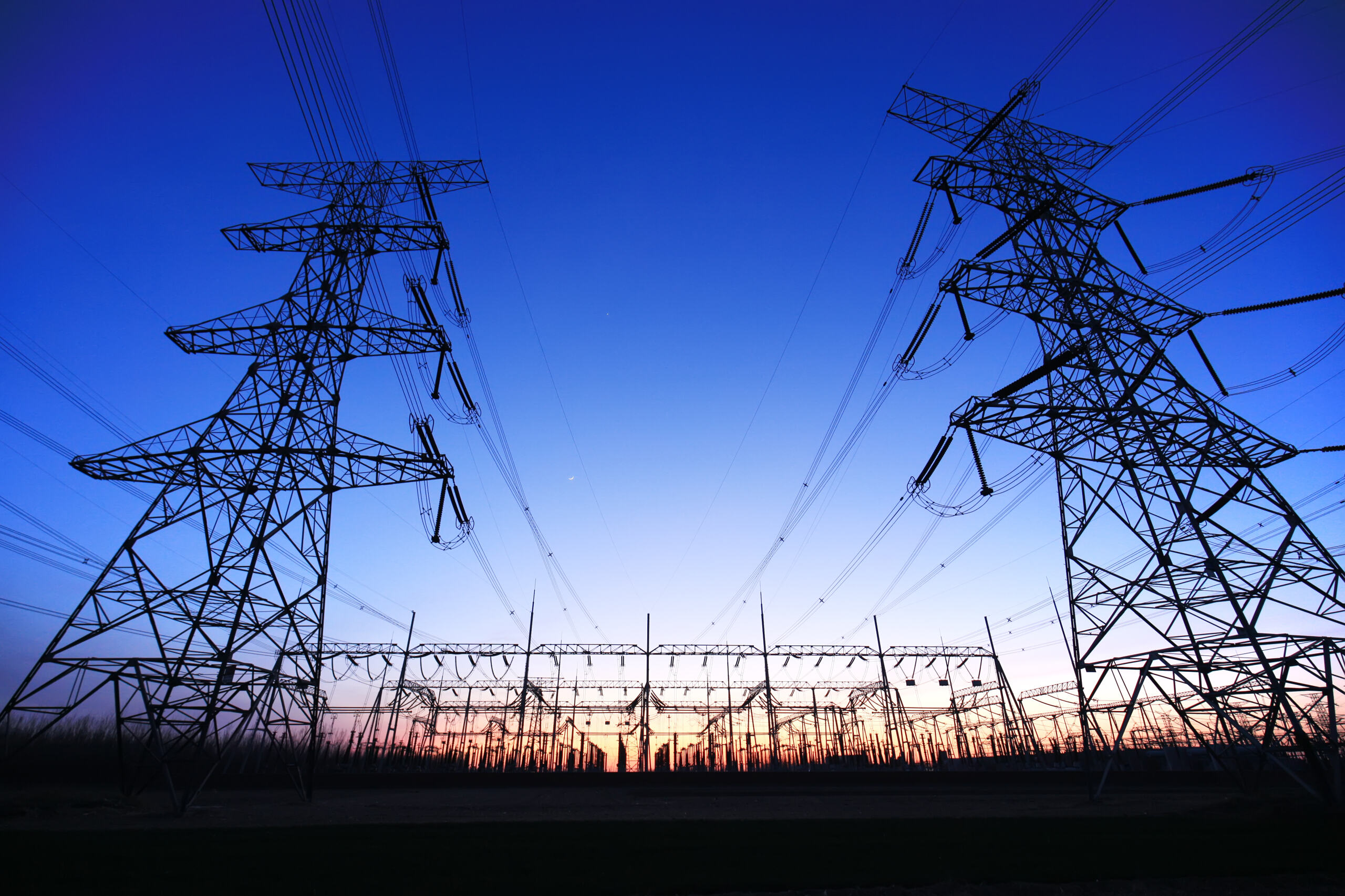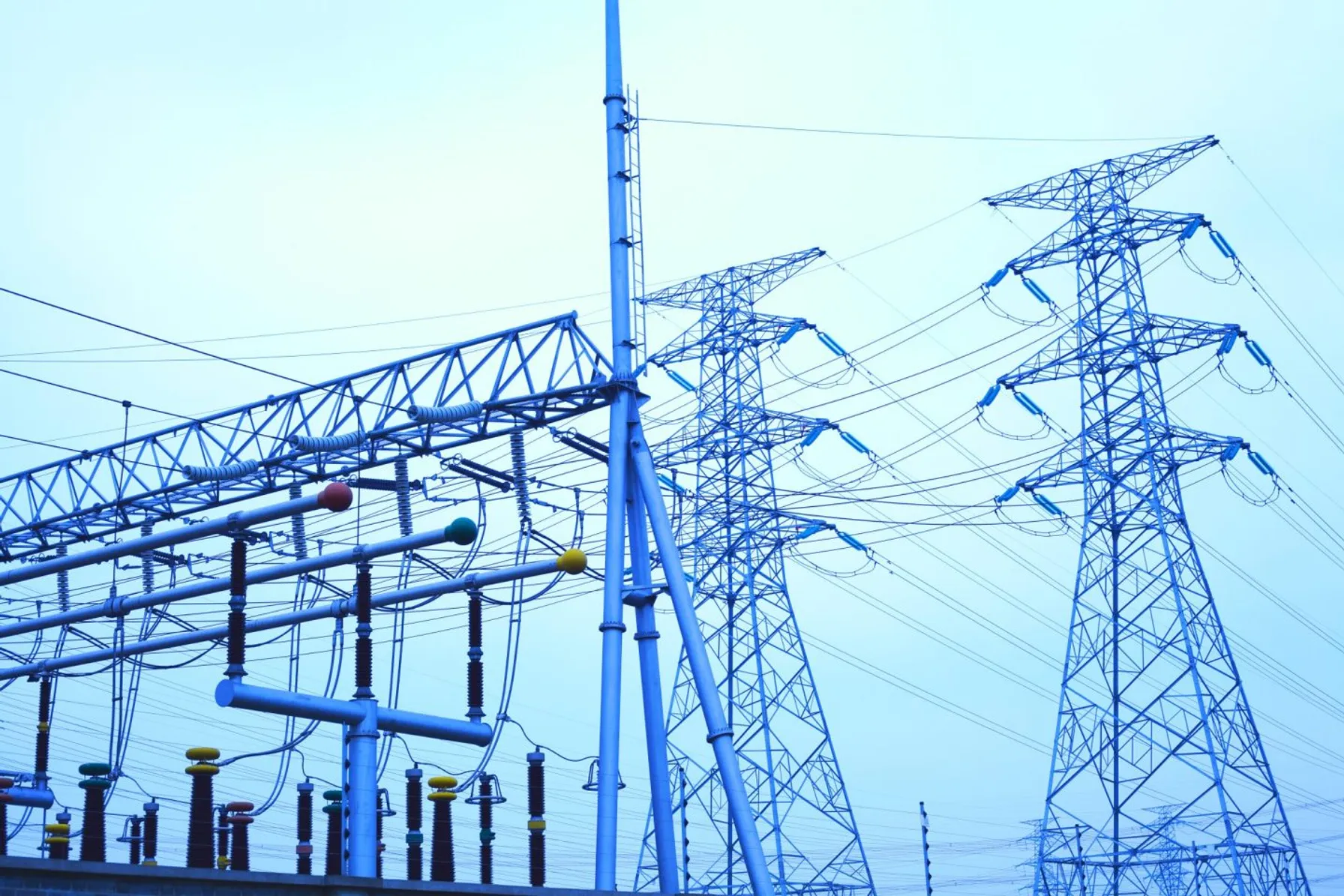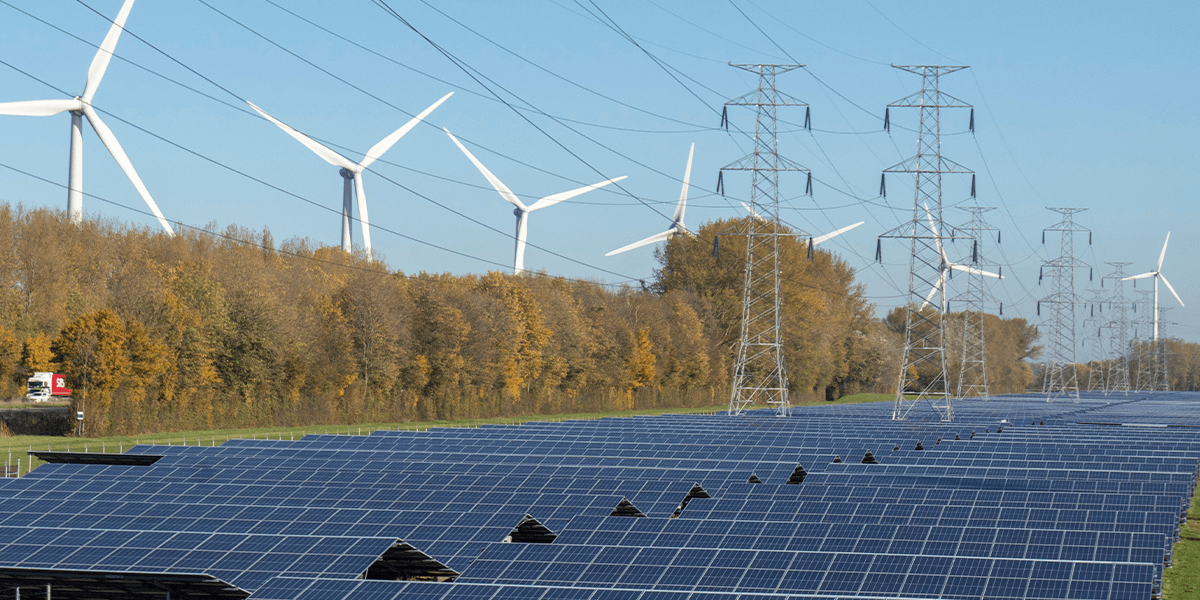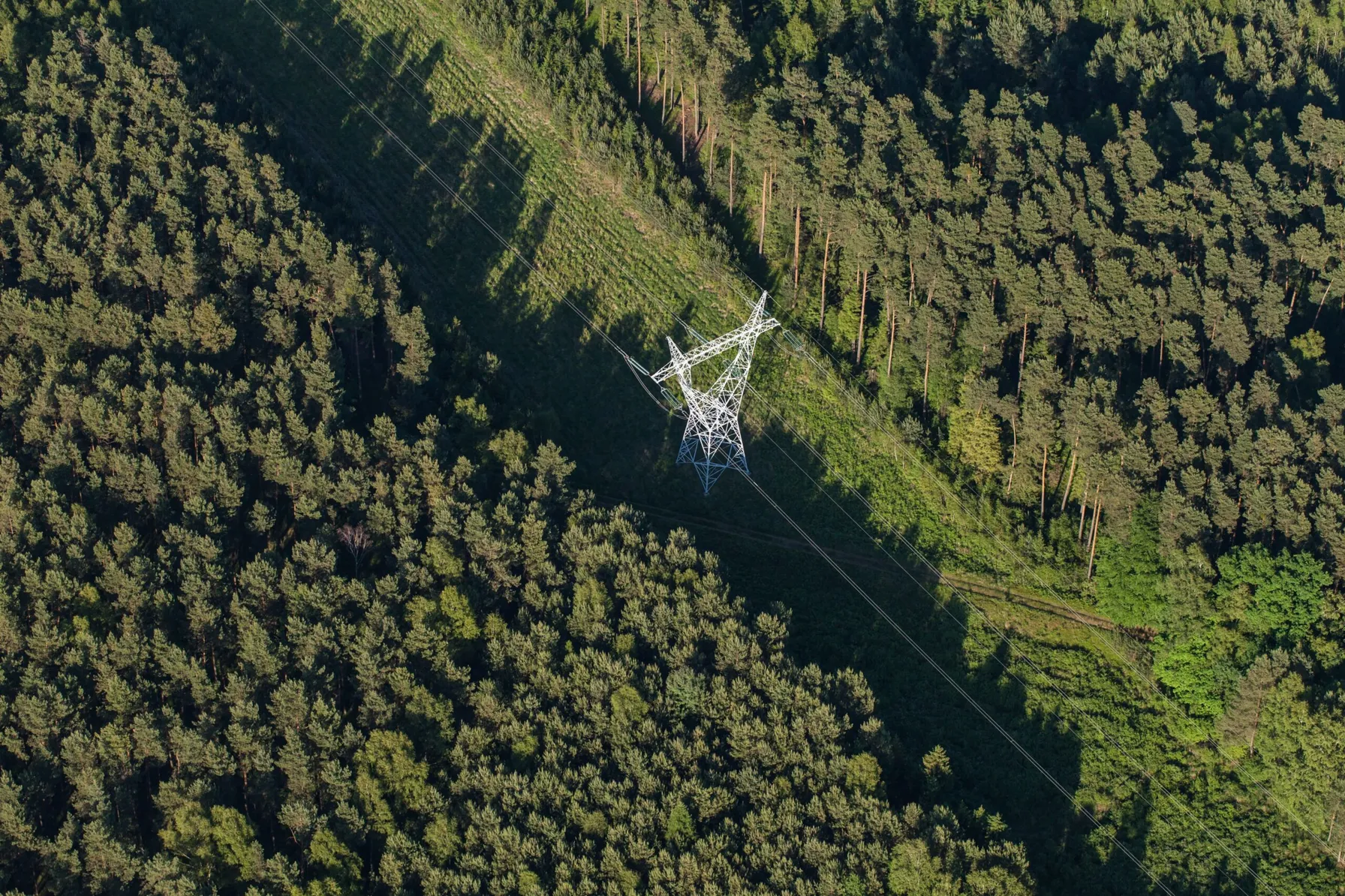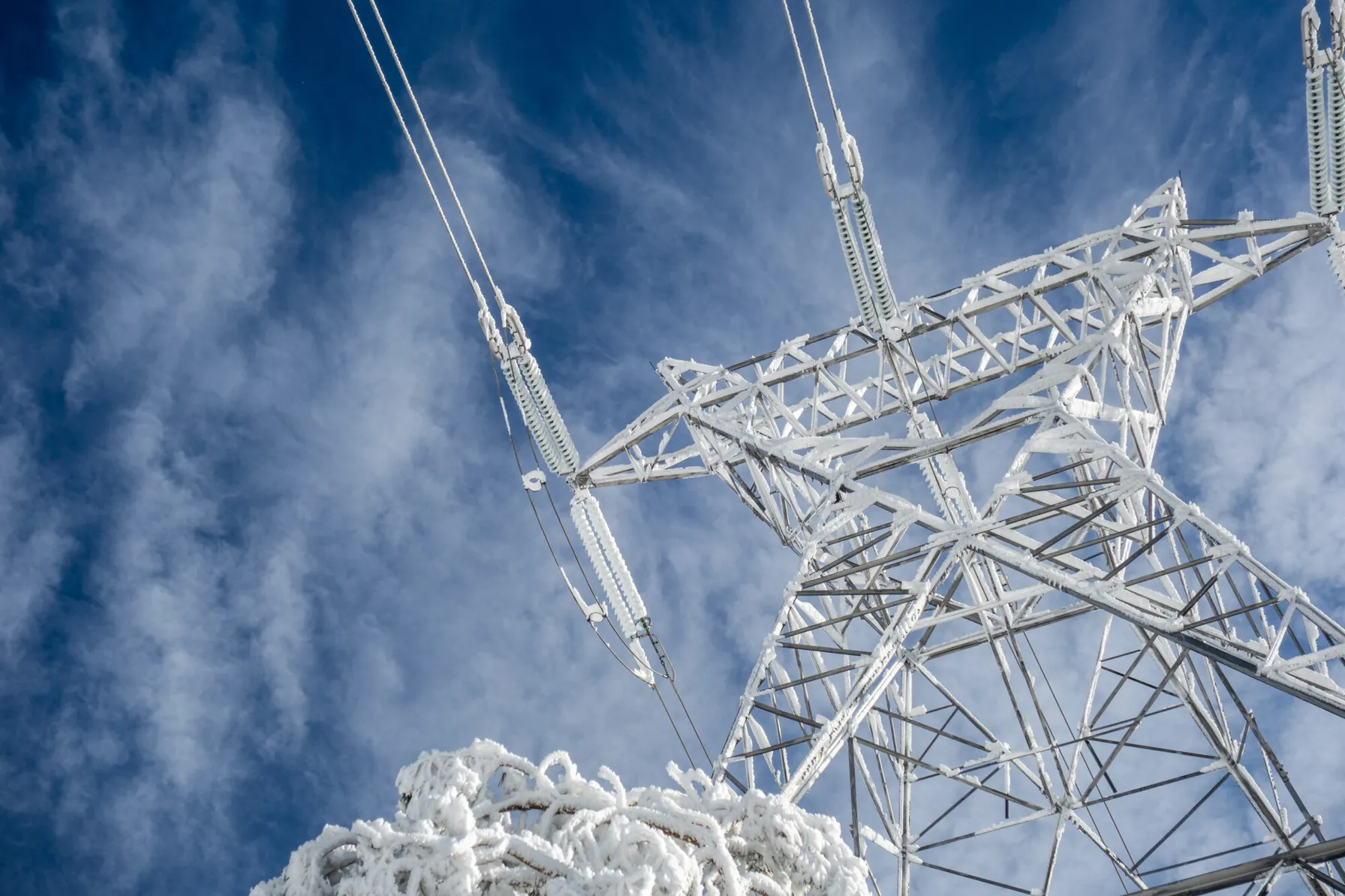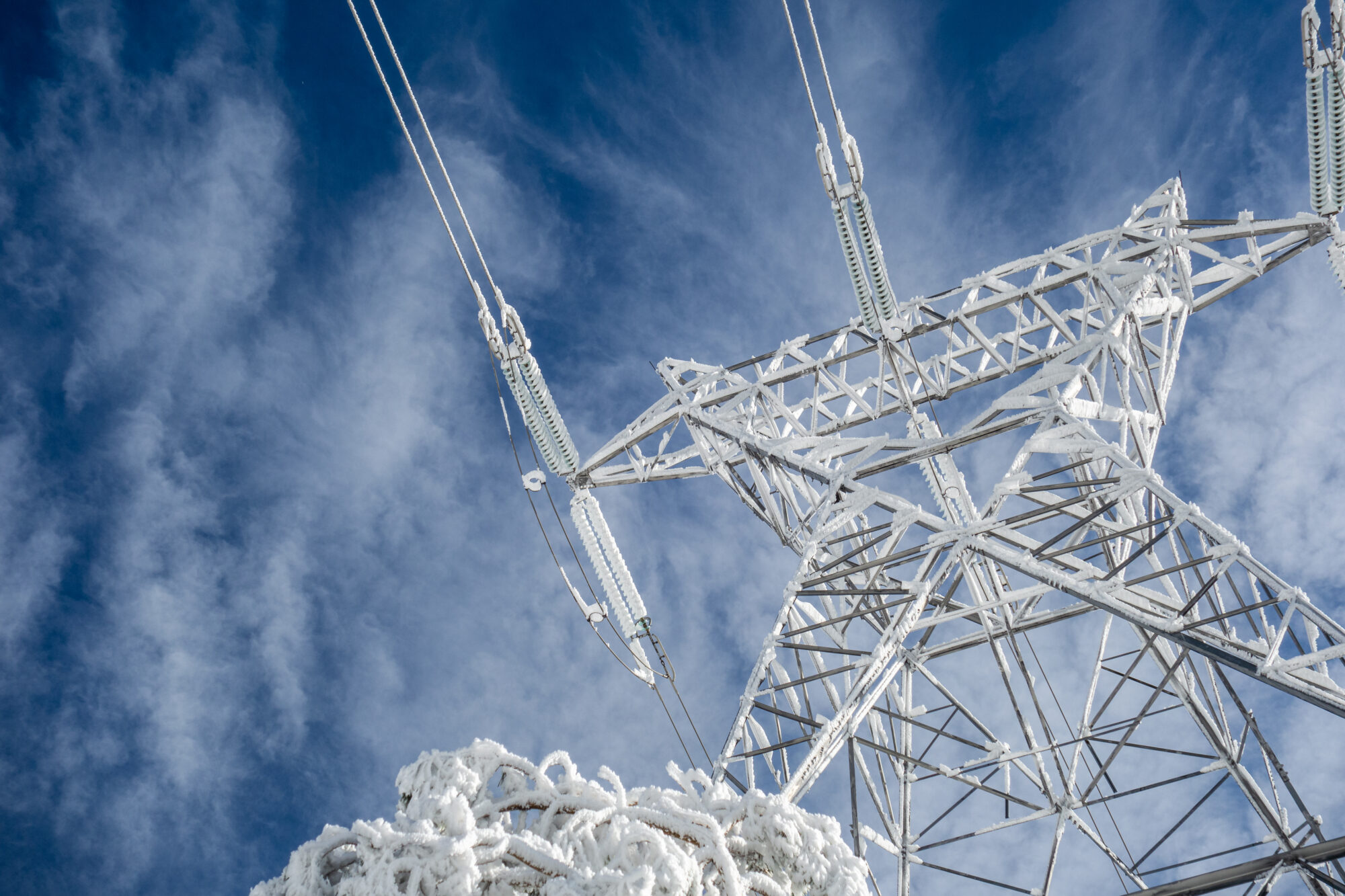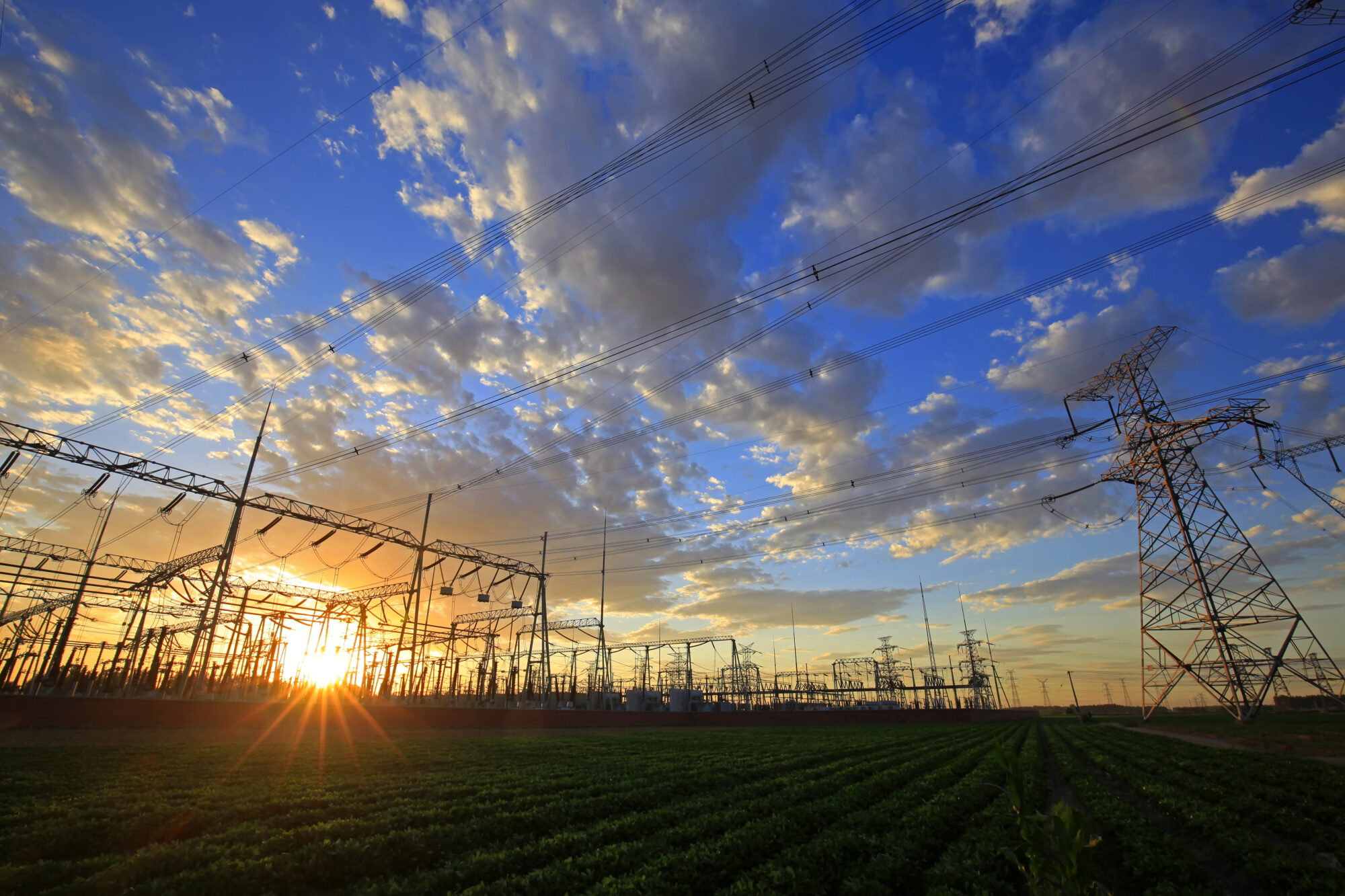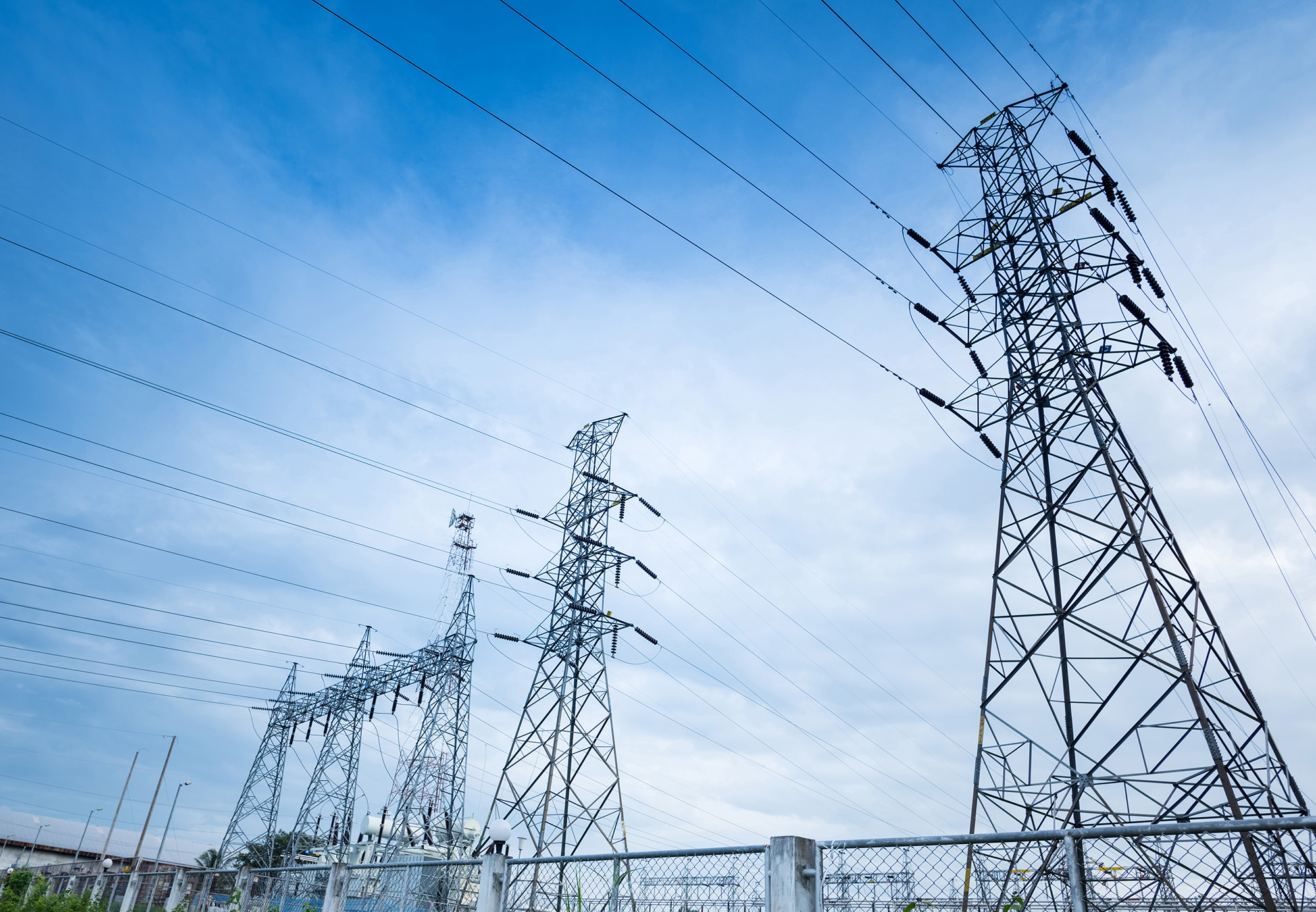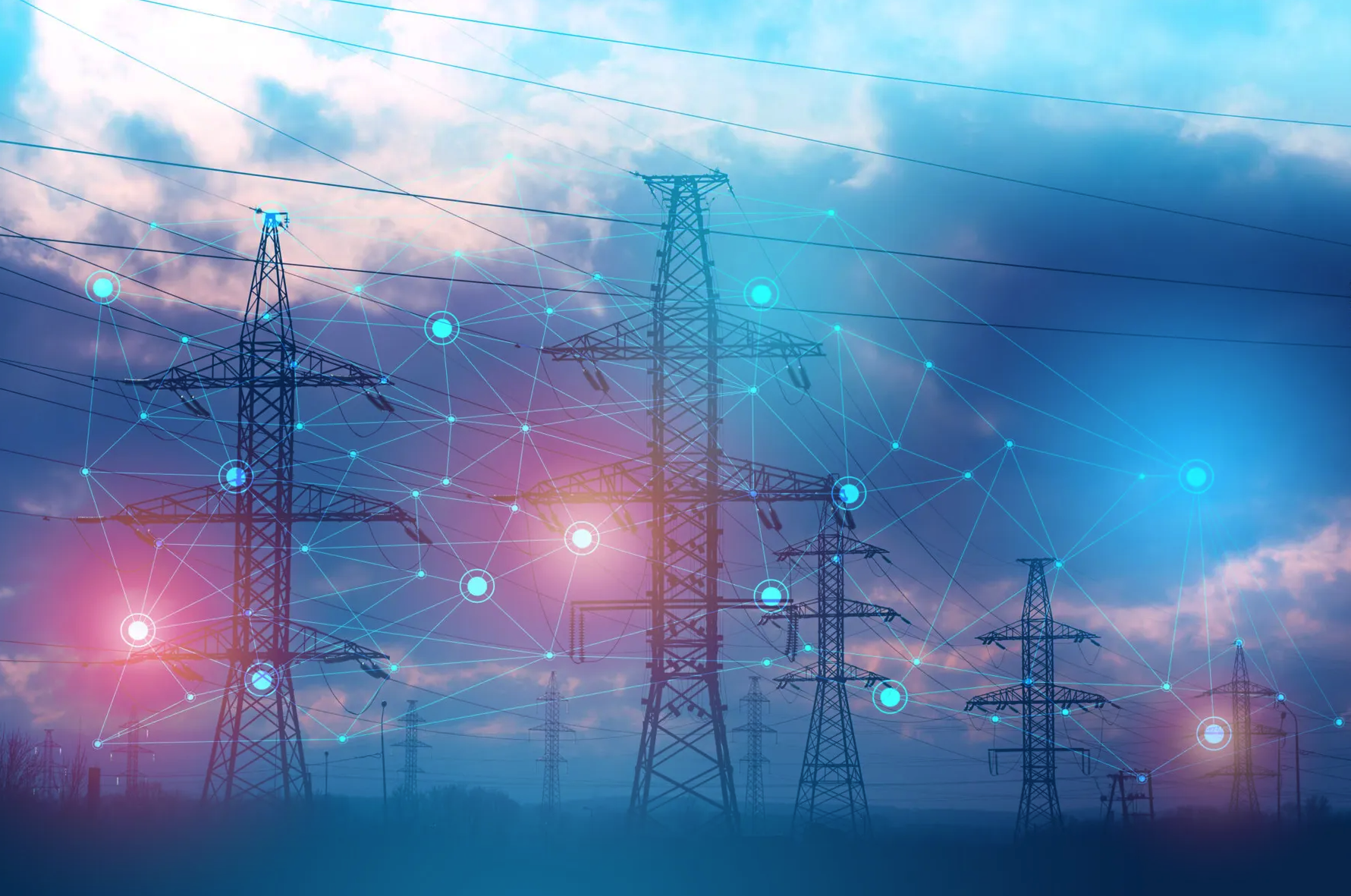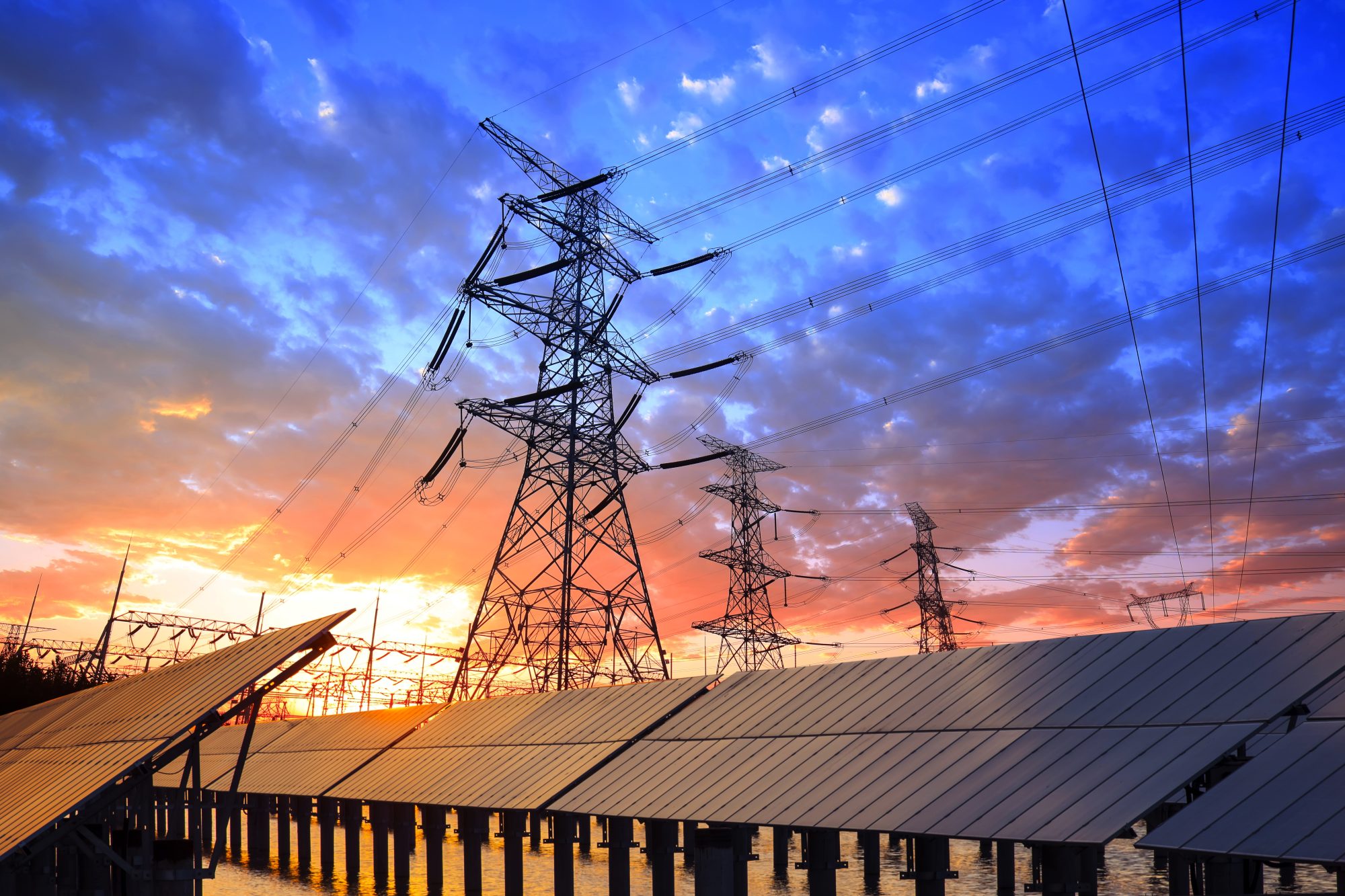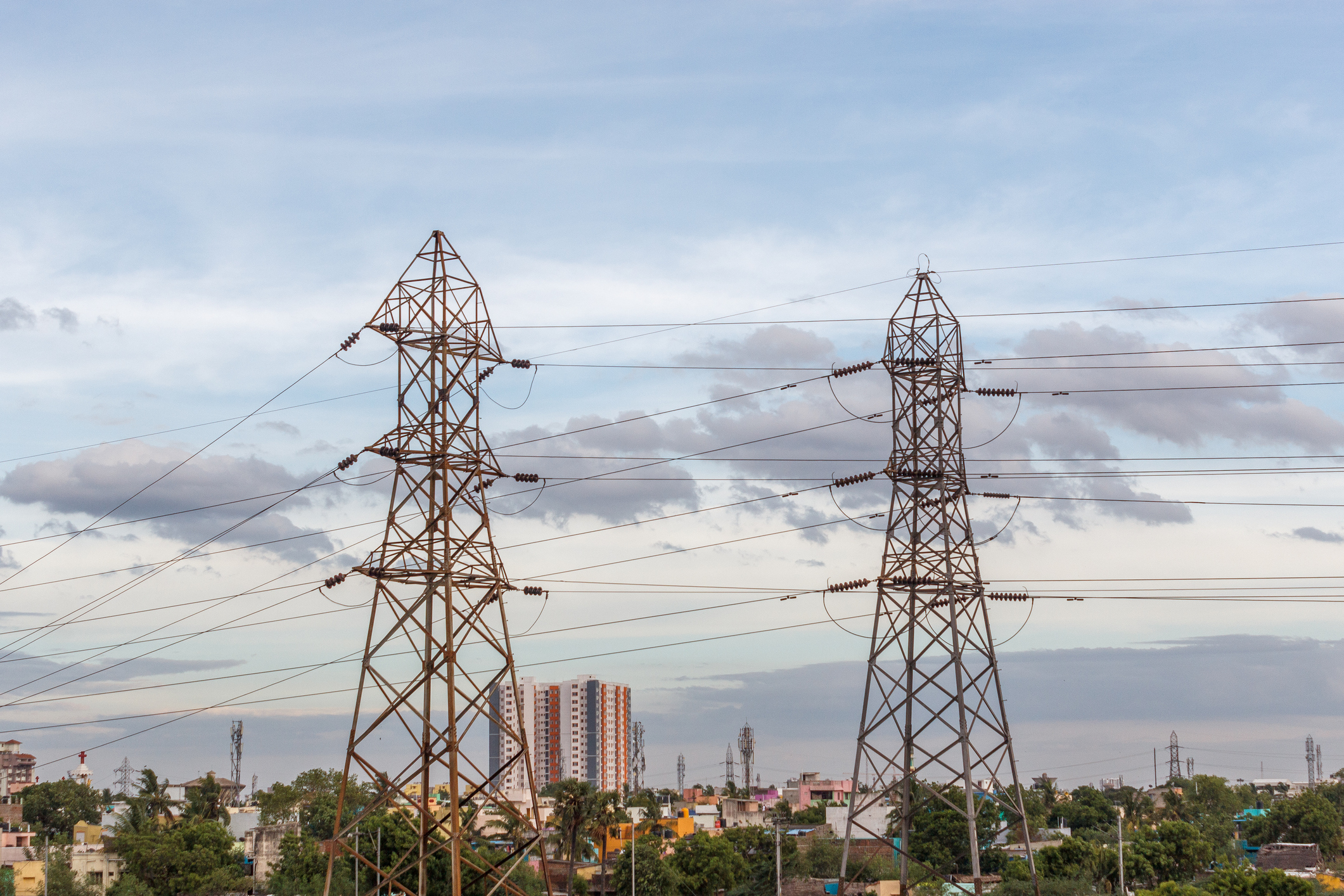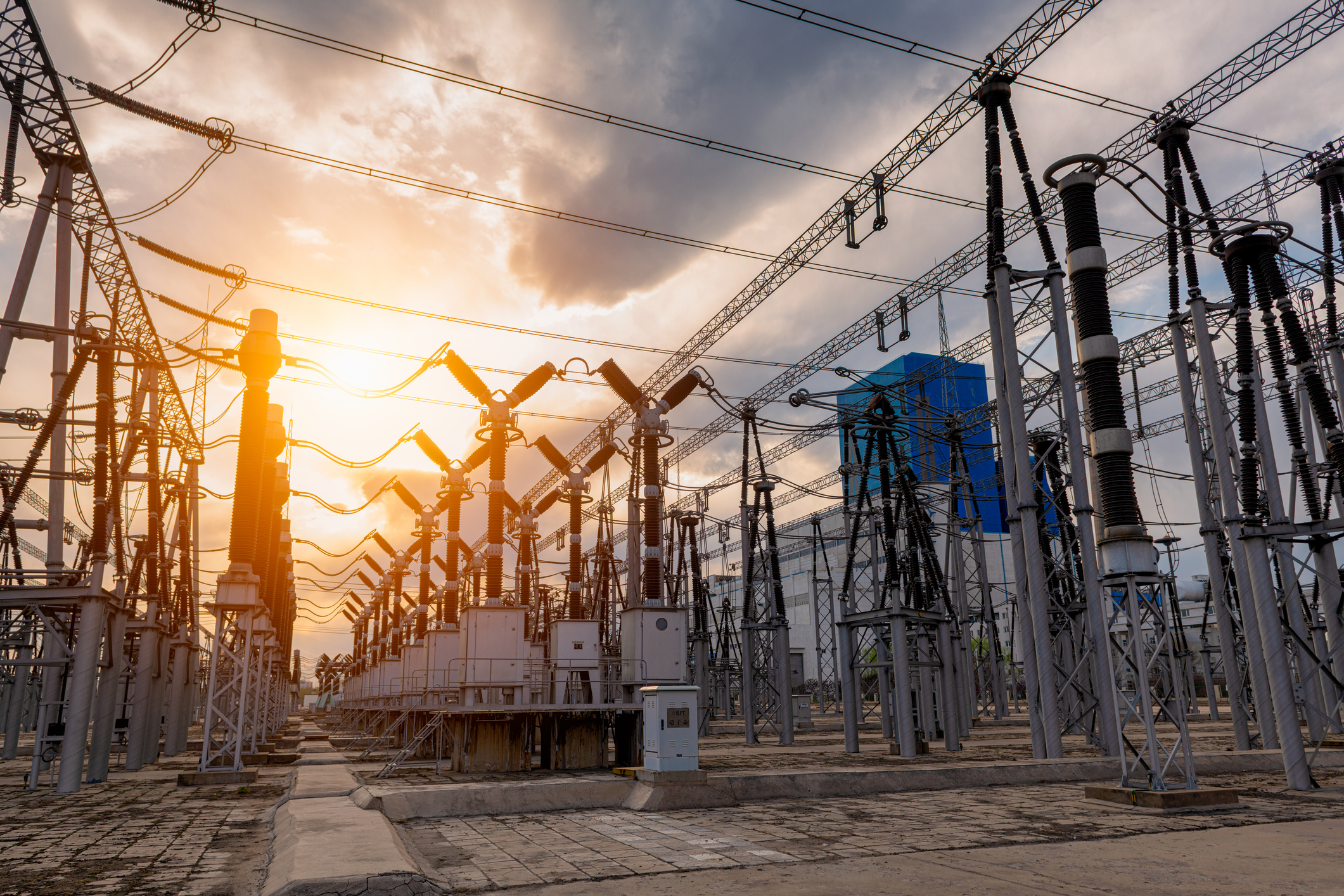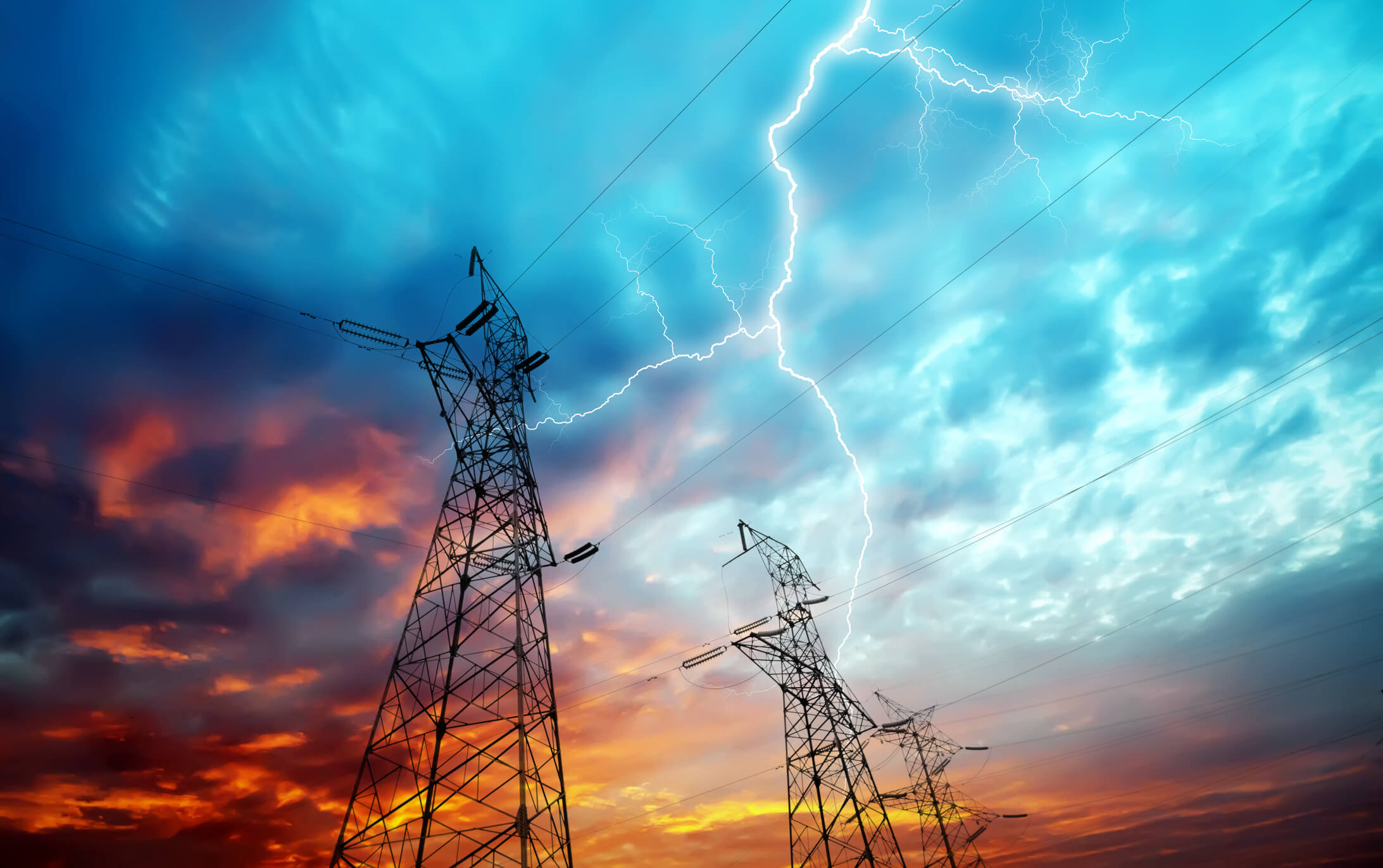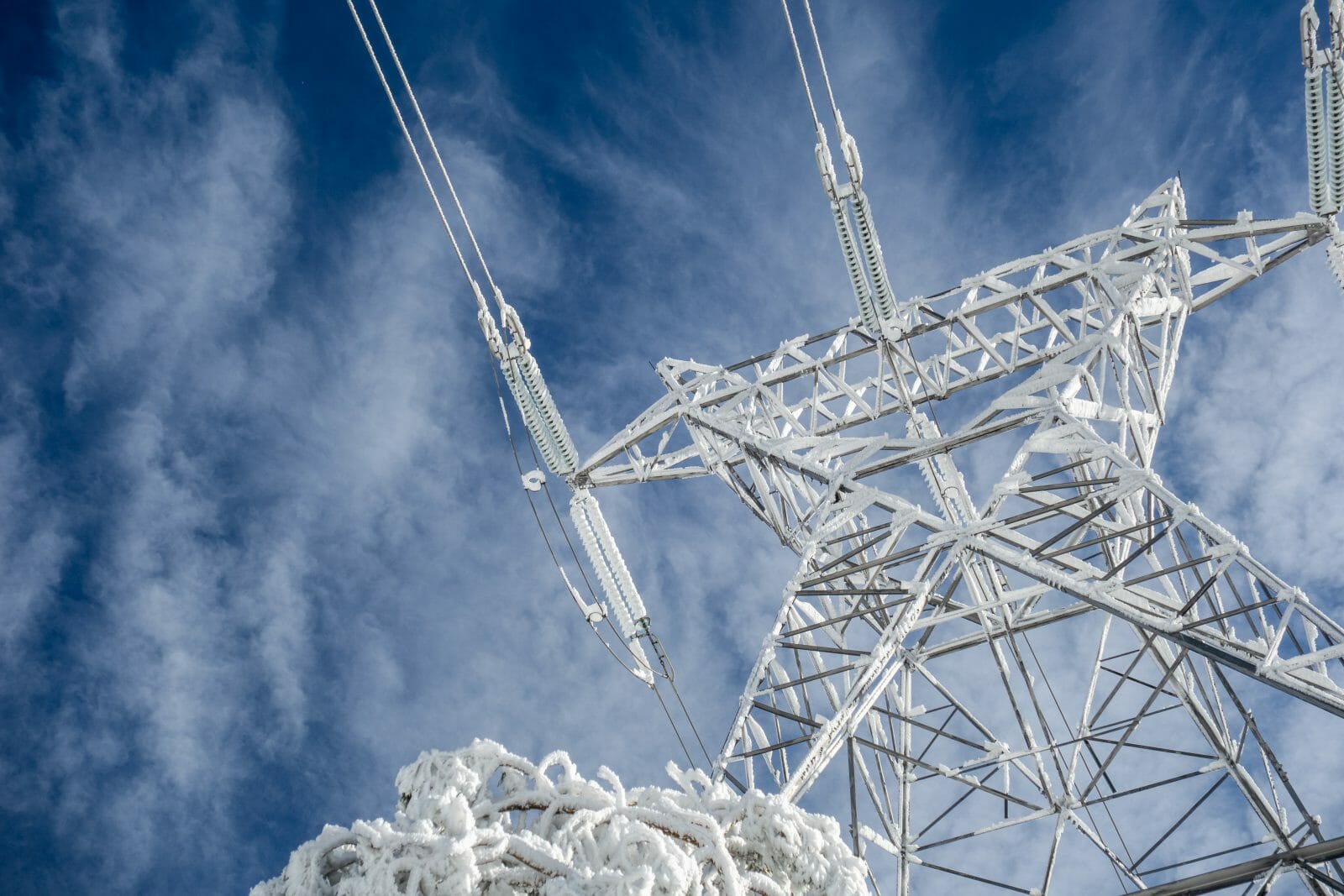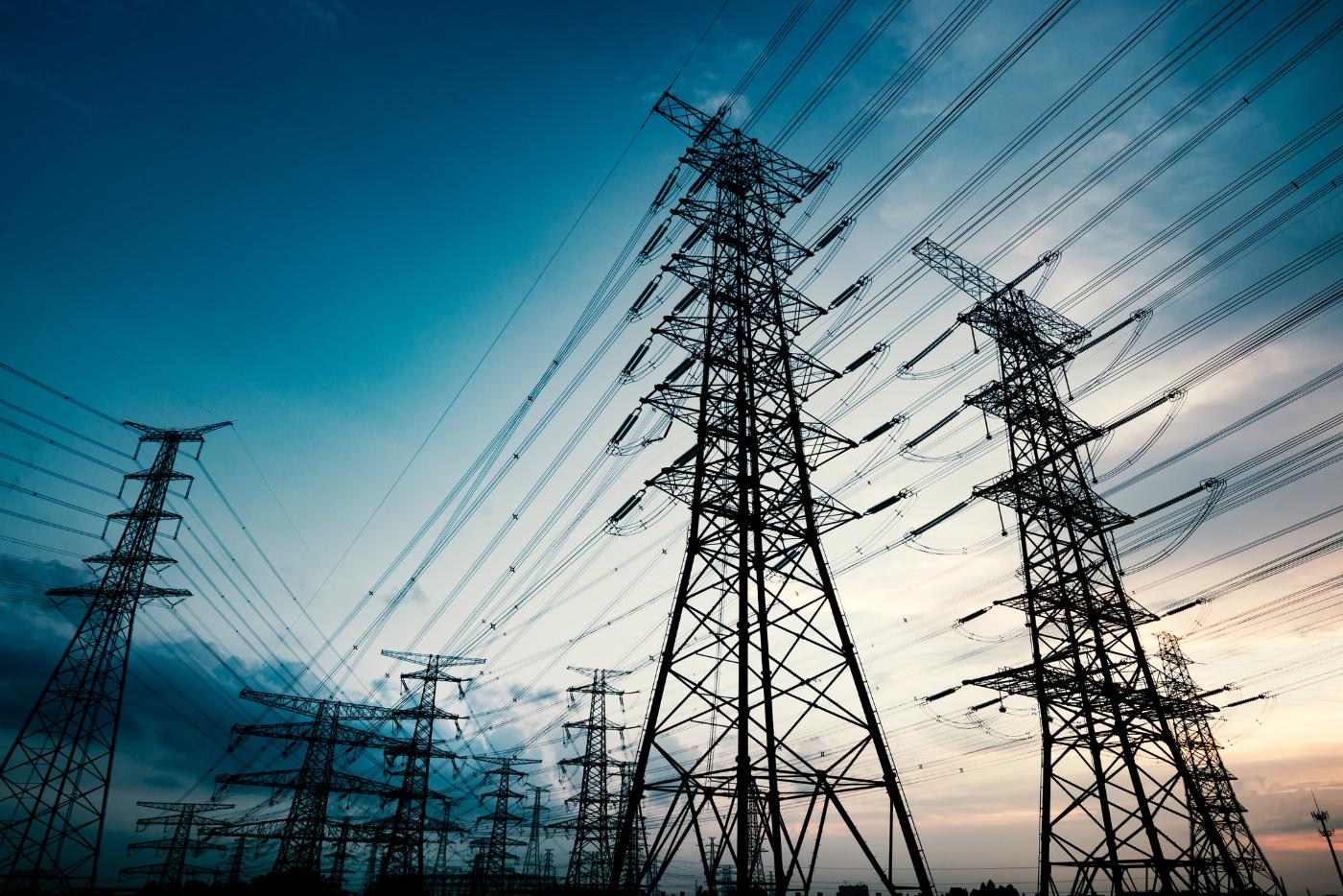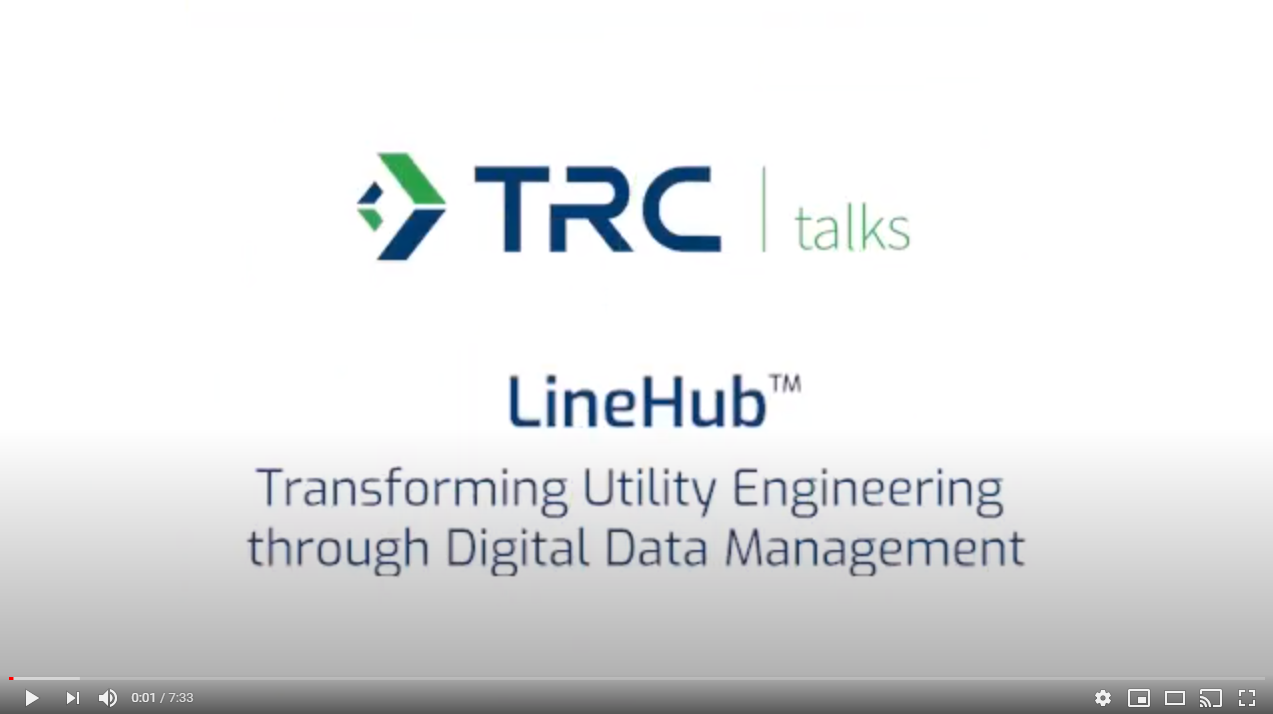The demands for energy and the increased market for more energy sources have soared in recent years with the addition of new homes, more businesses and greater sophistication in public spaces. With the increased energy demands comes a need to better manage how suppliers route their power. Power transmission engineers step in to fill this role.
Transmission engineers help guide energy from its source to the user. While you might think finding the shortest pathway would be the best answer, that isn’t always true. Many variables go into the most efficient routes. Transmission engineering services focus on effectiveness and smart planning that can produce optimal results.
What Is a Power Transmission Engineer?
A power transmission engineer plans the routes energy takes to travel from supplier to customer. The seemingly simple task requires an impressive balancing act. Engineers must consider a range of factors as they plan routes, including:
- Distance: Often, the shortest distance isn’t possible because of hurdles that may not be obvious from a glance at the property. Engineers look over the distance between source and customer and determine the best way to bridge it, which could be direct but more often follows a circuitous route that doesn’t impact the quality of delivery.
- Land restrictions: Suppliers can’t stretch power lines across protected lands, and it’s not always obvious where those are. Power transmission engineers know where to look to find environmental guidelines. The law may encompass many areas that aren’t obvious at the start of a project. Considering things like sustainability structures is vital to the project’s success.
- Topography: Examining maps gives engineers a clear picture of what’s around the site in question. They also examine geographic information systems (GIS), which merge data from maps with other sources.
Engineers often perform or contract out for land surveys to determine the best routes. Seeing the location in question in detail can often eliminate a possibility or identify alternatives. The engineer must be mindful of phone or gas lines to ensure power lines don’t run into them. Engineers need to synthesize data and possess the ability to put it all together and understand the bigger picture. They have outstanding analytical skills and often knowledge of legal terminology.
Where Do Power Transmission Engineers Work?
Power transmission engineers balance their time between field and office work. The engineer will be on-site during a build to monitor for potential issues that pop up during a project or construction. They may even supervise parts of the transmission building. Other times, they conduct research in the office and us GIS technologies to plan out the best routes.
Related Services
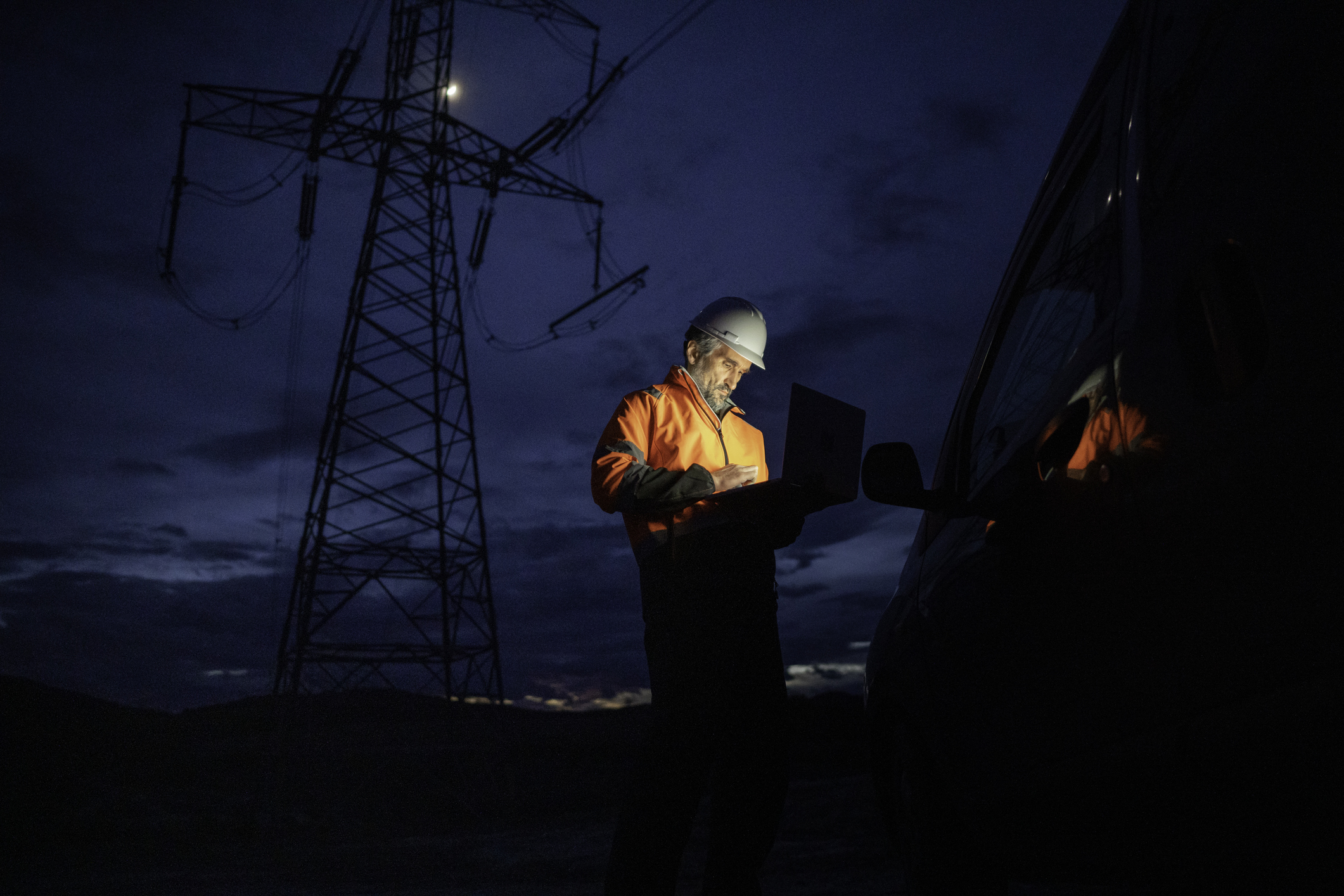
Find the Best Engineers at TRC
TRC employs power transmission engineers with years of experience in their field. Our engineers understand which risks to monitor in a project and how to maximize the efficiency of power lines. Contact us to learn more about our engineering, design, consulting and risk management services.
Interested in becoming part of our transmission engineering or broader electric utilities team? Check out our energy industry job openings.
Achieve New
Possibilities
Partner With TRC’s Tested Practitioners



